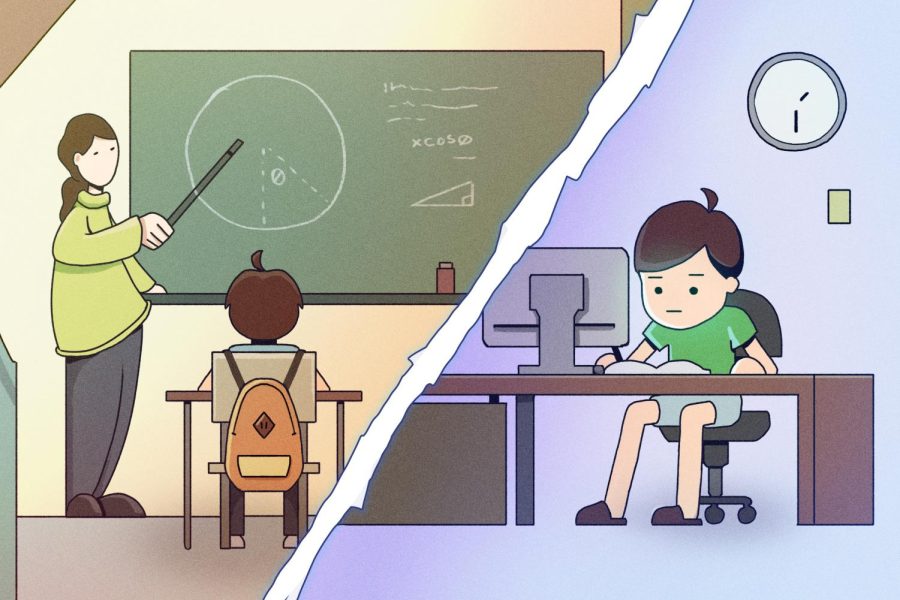AP Environmental Science classes got an inside look at another side of social activism Friday with a guest speaker who specializes in animal rights and whom the FBI considers a national security threat.
Ryan Shapiro, a 37-year-old Ph.D. student at MIT, spoke to all of science teacher Kelly Garton’s classes on topics including the dangers of factory farming, animal experimentations, whale hunting and government transparency.
Shapiro is most known for his experience with the Freedom of Information Act (FOIA), a law giving citizens the right to access information from the federal government. He has requested over 600 documents from the government relating to the government’s persecution of animal rights activists, he said, the largest amount of FOIA requests by one person nationwide. Salon and Mother Jones magazines recently wrote articles on his expertise in this area and the FBI’s response to him.
“I’ve spent the last four or five years obsessing over how to make FOIA work,” Shapiro said.
Shapiro is writing his dissertation on the history of animal rights activism, he said, highlighting how the FBI now views these activists as the largest domestic security threat, even though they have never committed any violent acts.

Shapiro, who grew up in Bethesda and attended Georgetown Day School, also discussed his experience filming an undercover documentary about the cruel treatment of animals in factory farms. He spent a year filming at foie gras factories in New York and California before getting arrested and prosecuted for trespassing and burglary, charges he later beat.
“Very few people know what the words ‘factory farming’ meant,” he said. “We wanted to spark a national conversation about it.”
The doctorate student told classes about his views on cruel treatment of animals in multiple areas. He highlighted the dangers of experimentation on animals for medicinal or scientific studies, where researchers often subject animals to horrid conditions or painful procedures. Shapiro offered alternatives to these experiments, including using cell-based cultures and computerized models.
One of the many other topics Shapiro covered was veganism and vegetarianism. Eating animals is one of the largest causes of man-made climate change, and refusing to eat animals can be a sort of protest to these harms, he said.
“Every time we buy something, we’re voting with our money,” Shapiro said.
Shapiro’s career has shifted from a focus on animal rights when he began to one centered around national security and transparency in issues of animal protection today.
“There are definitely some things I don’t want the government to release,” he said. “But by and large, what the government is doing should be available to Americans.”









Trevor Herdman • Mar 30, 2015 at 5:10 pm
I disagree, Andrew. Rats and other animals are not the same as humans. It is not “a few rats” that die – it is millions if not billions of rats (and mice, chimps, dogs, cats, etc) that die after being tortured to death. How is that okay?
If medical advances are a priority, then we need to develop ways to use other models that do not involve the torture and killing of living things.
Andrew • Dec 12, 2013 at 12:20 pm
Regardless of what Mr. Shapiro thinks, we need animal testing. Thanks to animal testing, the number of people surviving cancer has skyrocketed. True, in some circumstances computer models or cell-based cultures can be used, but sometimes an animal test is needed. If a few rats dying will result in million of saved humans, isn’t it worth the sacrifice?